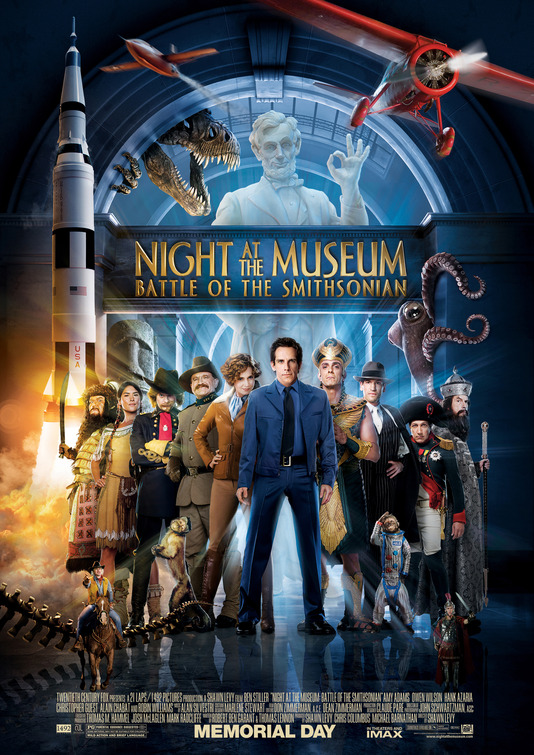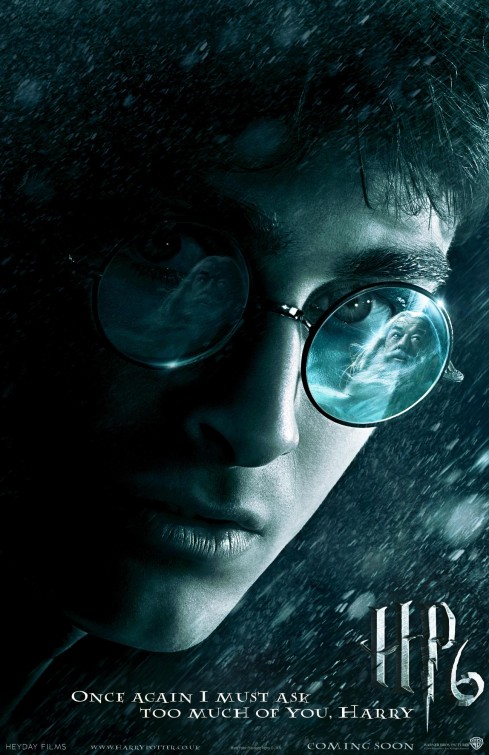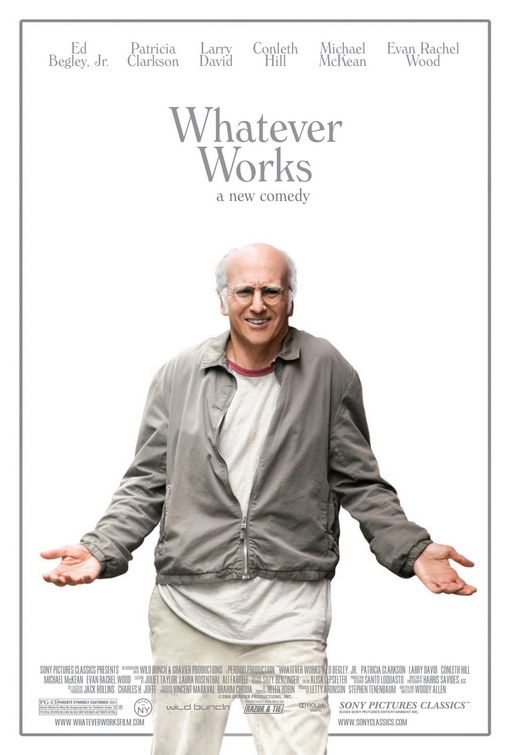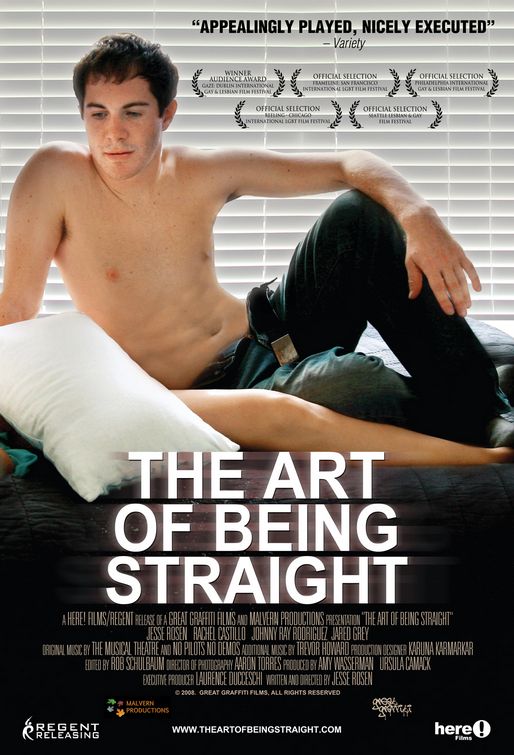I have now watched two episodes of Hung and I can say that at least so far, this is an entertaining and intelligently written series (kudos to writers Colette Burson and Dmitry Lipkin) with an interesting central character.
But there is also something about it that is bothering the hell out of me. Hung is about a former high school jock who was one of the most popular kids in class. He had everything going for him: handsome, great at sports, dating the popular girl, well to do parents--you know, the world was his oyster and he had everything to look forward to.
But years later, he's a coach at a high school with no more of a future than that. His wife has left him to marry the geek that the hero would have bullied and made fun of when they were teens, a geek who is now very successful and has discovered the pearl in the oyster that the hero missed.
All that is fine, but what is bothering me is that the authors see this as a tragedy, that there is something so unfair about this situation, that this is proof that the universe is nothing more than a cruel joke. In other words, the authors sort of agree with the hero's underlying assumption--that there is something wrong with a world that would let him sink down to mediocrity and let the geek in high school rise to leader of the pack. The hero feels, and this in many ways is echoed by the authors, that because he was a jock, because he was good looking, because he was popular in high school, that he was entitled to be the success, while the geek was not.
And now because of this monumental injustice, the hero has to sell his body (which is a kind of every straight man's ultimate fantasy) just to pay for the house that his parents left him and that he doesn't want to leave for sentimental reasons.
This house thing also kind of bugged me. The fact that he wants to live there is seen by the authors as a tribute to his character, as something that the audience should like in him, that this should make him sympathetic. Yet, I don't know anyone who lives in the house they grew up in. I don't even know anyone who can say there is a house they grew up in since most people I know moved at least once if not twice during their life times. Everyone I know has two or three houses they grew up in and most couldn't wait to leave the last one they lived in. This is actually more a 1950's, Leave it to Beaver, type attitude than a 21st century one. I actually think he's an idiot for not selling the house, but I digress.
Another aspect of the show that also relates to this sense of entitlement is the hero's attitude toward his being a male escort. He harumphs and complains about it; he wants to do it, but doesn't want to. What it comes down to it is that he's willing to do it, but he doesn't really want to put any energy or hard work into it. Again, he feels that because he has a big dick, that that alone should be enough and he is entitled to make a living as a prostitute without any real effort on his part, that again the universe is playing a cruel joke on him by not making it easy.
This attitude on the part of the authors reminded me of the show Weeds in which a widow tries to make ends meet by selling pot. Again, there is something of a sense of entitlement on the part of the heroine (played wonderfully by Mary-Louise Parker). What's telling about her situation is that Parker isn't selling weed to keep her family together and to makes ends meet, not really. As she said on one episode, she's selling weed in order to keep up her life style, so she can keep on living in her upper middle class house in her upper middle class community with her upper middle class friends (can you imagine if someone from the projects used this as a defense in selling Weed). Again, because she is white upper middle class, she has this sense of entitlement that makes it okay for her to do what she does.
This sense of entitlement is one of the problems I sometimes had with the show in the way Parker's character would react to her situation. When things got bad or she got trapped, she kept having this reaction of "why is this happening to me, what did I do to deserve this" and my reaction would be "uh, do you think it might have something to do with your being a drug dealer; just suggesting". One of the refreshing things about Season Three was when Parker's character fully accepted her responsibility for her life when she finally admitted that she was a drug dealer and because of that this was the sort of life she was always going to have. It was a long time coming, but it was a relief to hear it.
In many ways both series are very clever. They are about people with feelings of entitlement, but this gets buried in the concepts: Weeds is about someone selling pot and Hung is about male prostitution. It's easy to overlook the sense of entitlement because of these concepts. It's a neat bait and switch and my hats are off to the authors.
At the same time, and this cannot be minimized in any way, I love Weeds. I think it could be one of the best half hour comedy shows in TV history. I don't watch it weekly, I've gotten to the point where I often wait 'til a series comes out on DVD and order it through Netflix, but I love it and can hardly wait to start season four.
I can't say the same for Hung, but that's only because I've only seen two episodes. However, I like it enough so far to keep on watching.










